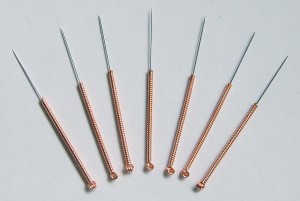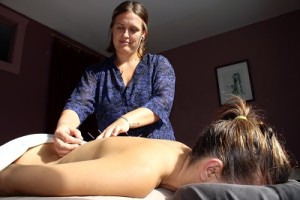 Sleep plays an important role in your physical and mental health, so keeping a consist sleep schedule is important to your body’s circadian rhythm.
Sleep plays an important role in your physical and mental health, so keeping a consist sleep schedule is important to your body’s circadian rhythm.
Circadian rhythms can influence sleep-wake cycles, hormone release, and other important bodily functions. Even a few hours difference or delay from your regular bed time once or twice a week can be disruptive and cause various sleep disorders, such as insomnia. Try these tips to ensure a good nights sleep.
Go to bed and get up at the same time every day – A consistent schedule will set your body’s internal clock and optimize the quality of your sleep.
Eliminate sleeping in – The more your sleep schedule differs, the more your internal clock is disrupted.
Napping – Naps should be kept to 20 to 30 minutes in length. If you have trouble falling asleep or staying asleep throughout the night, eliminate naps altogether.
Temperature of the room – The optimum temperature is a slightly cool room (around 18° or 20° C). To mask noise, try using earplugs or some type of white noise machine.
Pillow type – Make sure the pillow has the correct support for you and the type of sleeper you are: side/back/stomach.
Spend time outdoors – During the day, spend as much time as you can outside, and get as much natural light as possible. For those dark days of winter, try a light therapy box. This modality simulates sunshine and can be useful when there’s limited daylight. (Melatonin is a naturally occurring hormone controlled by light exposure that helps regulate your sleep cycle).
During the night – limit your exposure to the “blue light” emitted by electronics within 2 hours of your bedtime. Try using devices with smaller screens, and turn the brightness level down.
Regular exercise – Studies show that people who exercise on a regular basis sleep better. Remember to finish workouts at least 4 hours before your bedtime.
Massage – Insomnia is associated with a lack of serotonin, and a massage will help to increases serotonin levels.
Healthy eating – Be mindful of what you put in your body in the hours leading up to your bedtime. Avoid alcohol and caffeine several hours before bed, and avoid drinking any liquids 2 hours before your bedtime to eliminate frequent bathroom trips during the night. Also, the bigger the meal and the later you eat can can keep you up. Try to eat the evening meal no later than 7:00pm and avoid heavy, rich foods. Fatty or spicy foods can cause indigestion and other stomach issues.





